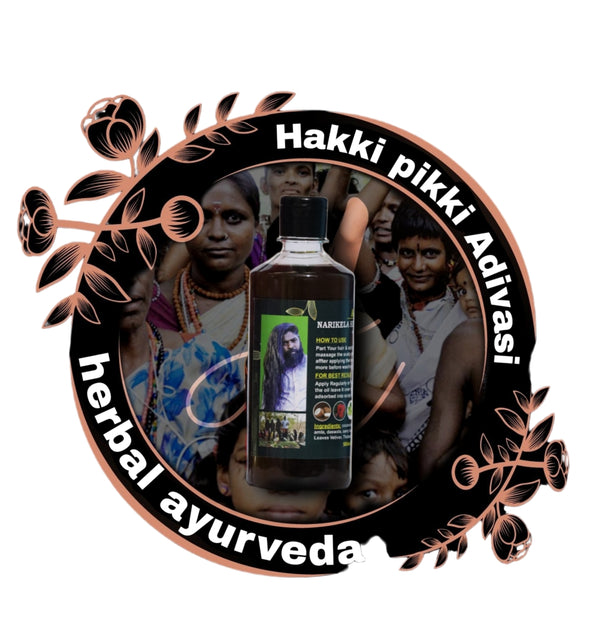HISTORY
Origins and Background:
-
Ethnic Roots: The Hakki Pikki trace their origins to the central and northern parts of India. They are believed to have migrated to the southern regions centuries ago. Their language, known as Vaagri Boli, is a blend of several North Indian dialects, including Hindi, Gujarati, and Rajasthani, indicating their diverse migratory history.
-
Traditional Occupations: Historically, the Hakki Pikki were known for their skills in bird hunting and trading. They were adept in capturing birds and animals, which they traded for a living. Over time, they expanded their skills to include traditional medicine, craft-making, and fortune-telling.
Cultural Practices:
-
Social Structure: The Hakki Pikki society is organized into clans, each with its own leadership and customs. They have a strong sense of community and follow strict social norms and practices.
-
Marriage and Family: Marriages within the Hakki Pikki community are traditionally arranged, with a preference for endogamous unions (marrying within the community). They follow distinct rituals and customs during weddings, reflecting their unique cultural heritage.
-
Festivals and Traditions: The community celebrates various festivals and rituals, often tied to nature and their traditional way of life. These celebrations include music, dance, and storytelling, preserving their rich cultural heritage.
Modern Changes:
-
Transition to Sedentary Lifestyle: In recent decades, the Hakki Pikki community has gradually transitioned from a nomadic lifestyle to a more settled existence. This shift has been influenced by various factors, including government policies, changing economic opportunities, and access to education and healthcare.
-
Economic Adaptation: With diminishing opportunities in traditional occupations, many Hakki Pikki have adapted by taking up alternative livelihoods. These include labor work, small-scale businesses, and involvement in the informal sector. Some community members continue to practice traditional medicine and craft-making, blending old skills with new opportunities.
Challenges and Issues:
-
Social Marginalization: The Hakki Pikki, like many indigenous communities, face challenges related to social marginalization, economic instability, and lack of access to basic services. Despite efforts to integrate into mainstream society, they often encounter discrimination and barriers to social mobility.
-
Preservation of Culture: As the community adapts to modern life, there is a growing concern about the preservation of their cultural heritage, language, and traditional practices. Efforts are being made by community leaders and external organizations to document and sustain their unique cultural identity.
Conclusion:
The Hakki Pikki community embodies a rich cultural history marked by resilience and adaptability. While they face modern challenges, their journey from traditional bird hunters to a community striving for socio-economic stability highlights their enduring spirit. Efforts to support their integration while preserving their heritage are crucial for their continued development and cultural preservation.
